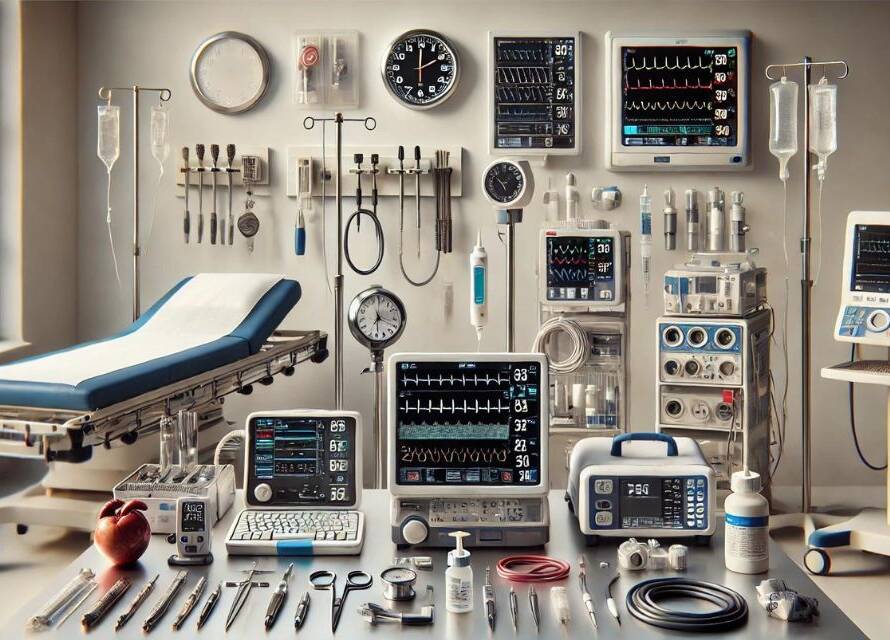Outsourcing has become a cornerstone strategy for the medical device manufacturing industry, offering clear benefits such as cost savings, increased efficiency, and access to specialized expertise. However, ensuring regulatory compliance remains a significant challenge. It’s essential for us to focus on quality management, understand regulatory pathways, and manage suppliers effectively.
Quality Management and Auditing
Quality management is fundamental to regulatory compliance. When outsourcing, we must ensure that our partners adhere to stringent quality standards. This involves comprehensive audits and strict adherence to guidelines such as the FDA’s Quality System Regulation (QSR) and the Medical Device Single Audit Plan (MDSAP).
These regulations mandate regular quality audits to confirm that all processes and products meet safety and effectiveness standards. For instance, the FDA’s QSR includes requirements for design controls, production, and post-market surveillance. Our outsourcing partners must be prepared for these audits and have robust quality management systems in place to ensure continuous compliance.
Navigating Regulatory Pathways
Complying with regulatory requirements in various markets can be particularly challenging when outsourcing. It’s not just about following one set of rules; it’s about understanding and navigating multiple regulatory pathways. The Global Harmonization Task Force (GHTF), a voluntary group consisting of representatives from national medical device regulatory authorities and the regulated industry, aims to standardize medical device regulations across major markets. However, regional specifics still apply.
For example, while both the U.S. and EU have stringent requirements for medical device traceability, their regulations and implementation details differ. The U.S. system focuses on the assignment and labeling of unique identifiers, whereas the EU system requires us to invest in software and technology to ensure accurate traceability coding at the individual item level.
Effective Supplier and Vendor Management
Effective supplier and vendor management is crucial for maintaining regulatory compliance. Implementing stringent supplier qualification procedures—including regular audits, performance metrics, and quality checks—is vital. When choosing a contract manufacturer for outsourcing medical device production, we should consider the following guidelines to ensure proper quality control:
- Certifications and Regulatory Compliance: Look for contract manufacturers with certifications like ISO 13485, which demonstrates their commitment to meeting regulatory requirements and maintaining quality control processes.
- Experience and Expertise: Evaluate the contract manufacturer’s experience in producing similar medical devices or components. Their expertise in handling specific materials, processes, and regulatory requirements for your device type is crucial for maintaining quality.
- Quality Management System: Assess the robustness of the contract manufacturer’s quality management system. They should have well-defined processes, documentation control, supply chain management, and testing/validation capabilities to ensure consistent quality.
As a U.S.-based company with 30 years of experience, Source Machining Specialties specializes in helping U.S. manufacturers with their manufacturing needs in India. We’re so confident in our Indian production facilities that we invite you to a site audit at our expense. Discover more about our capabilities and services, and let’s start a conversation.



